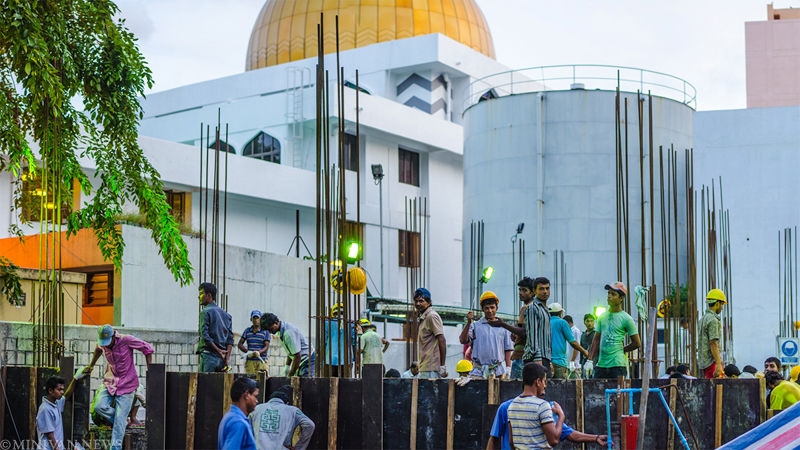No money for the folks back home
Why a government plan to levy a three percent tax on migrant worker remittances has drawn concern among human rights advocates.

16 Nov 2015, 09:00
Jamal, a Bangladeshi domestic servant in Malé, earns US$500 a month. His basic salary is just US$200, the rest he earns through various odd jobs. Every month, at the Western Union money transfer office, Jamal pays US$6 for transaction fees.
Now, the government plans to levy a three percent tax on remittances. This means Jamal will lose another US$15.
“I work seven days a week, very long hours. This is terrible.”
Jamal is the primary breadwinner for his family of 12.
Become a member
Get full access to our archive and personalise your experience.
Already a member?
Discussion
No comments yet. Be the first to share your thoughts!
No comments yet. Be the first to join the conversation!
Join the Conversation
Sign in to share your thoughts under an alias and take part in the discussion. Independent journalism thrives on open, respectful debate — your voice matters.




